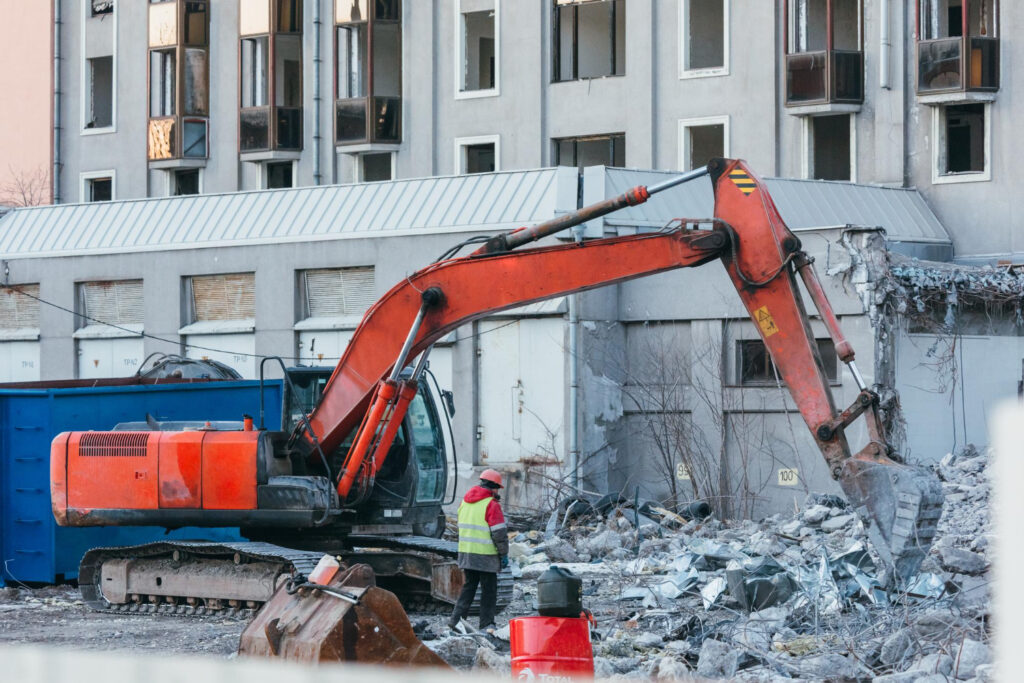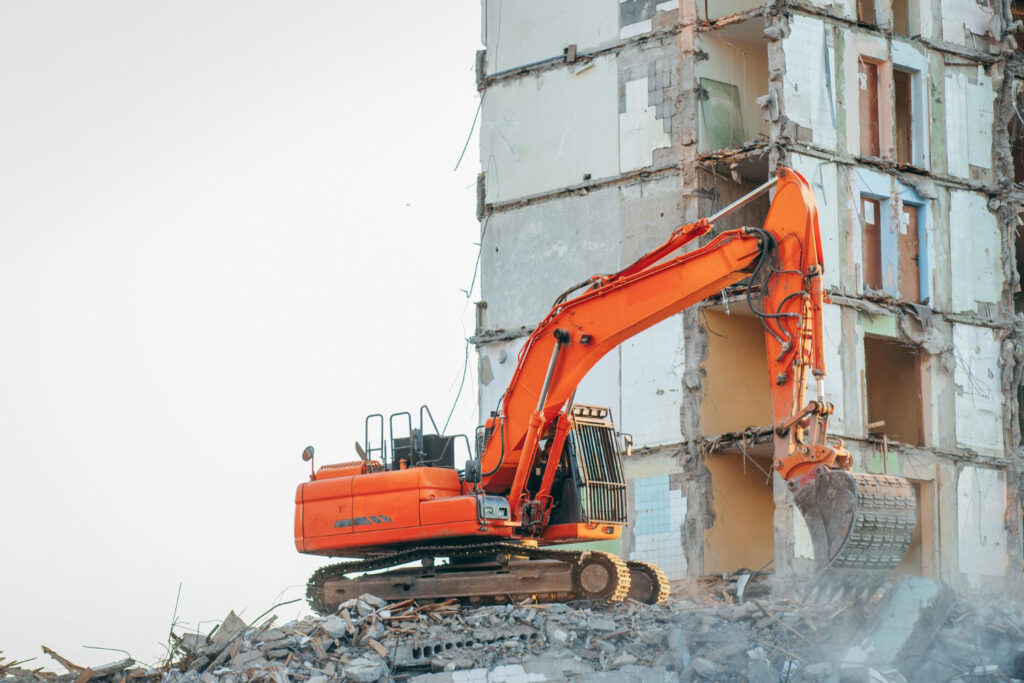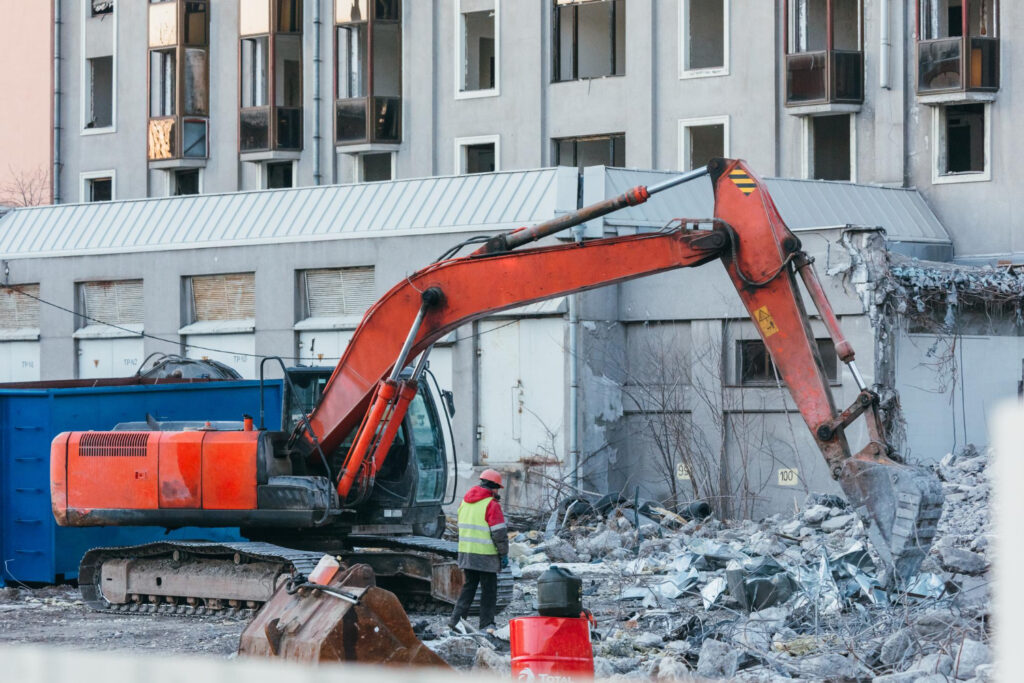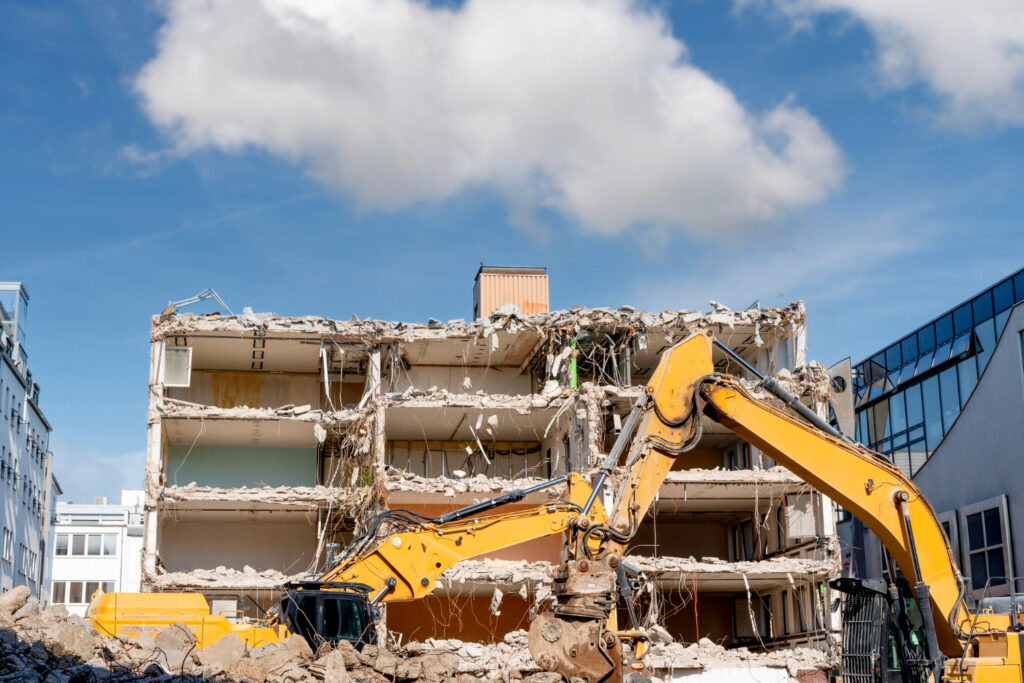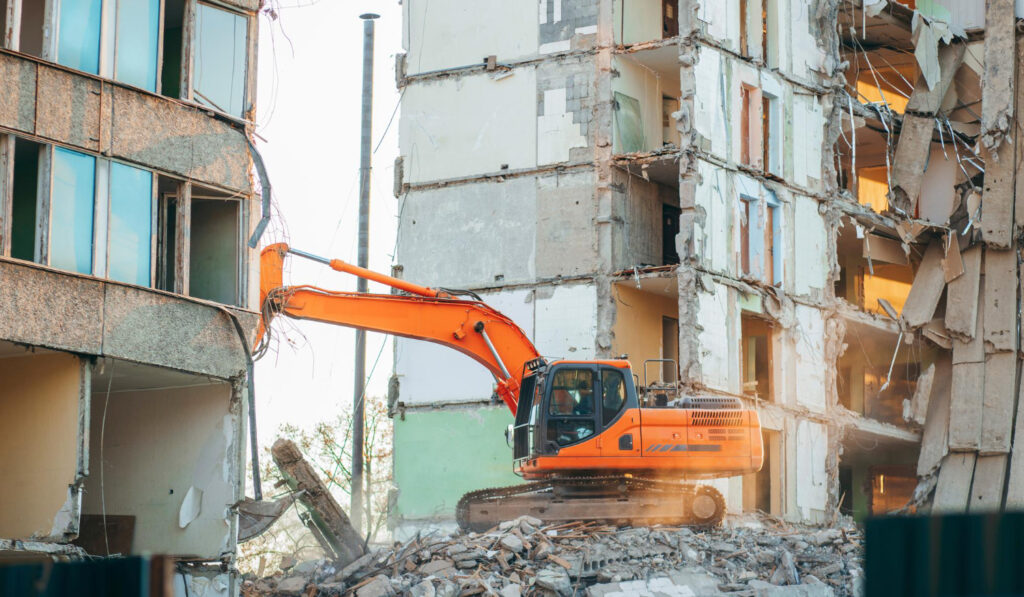Everything You Need to Know about Commercial Demolition Contractors in London
When it comes to large-scale construction projects. One crucial step is often overlooked: demolition. For businesses in London, finding reliable commercial demolition contractors in London is essential. For ensuring that old structures are safely and efficiently removed to make way for new developments. This blog will guide you through everything you need to know about hiring demolition contractors. Including what services they offer, how they work. Why choosing the right contractor is so important.
What Do Commercial Demolition Contractors Do?
Commercial demolition contractors in London specialize in tearing down commercial buildings. This process involves more than just knocking down walls. It includes careful planning and execution. To ensure safety and compliance with local regulations. Here’s a breakdown of what these contractors typically do:
- Site Assessment and Planning: Before any demolition begins, contractors will assess the site. This includes evaluating the building's structure. Identifying hazardous materials. Planning the safest and most efficient way to carry out the demolition. They create detailed plans to manage the demolition process. Ensuring that all potential risks are addressed.
- Obtaining Permits: Demolition projects often require permits from local authorities. Commercial demolition contractors in London handle this aspect. Ensuring that all necessary paperwork is completed and submitted. This step is crucial for staying compliant with legal requirements and avoiding potential fines.
- Safety Measures: Safety is a top priority in demolition. Contractors use specialized equipment and techniques. To prevent accidents and protect both workers and the surrounding area. They set up safety barriers, implement dust control measures. Ensure that all personnel are trained in safe demolition practices.
- Hazardous Material Removal: Many commercial buildings contain hazardous materials. Such as asbestos or lead. Commercial demolition contractors in London are trained to handle and dispose of these materials safely. Following all relevant regulations to protect the environment and public health.
- Demolition and Debris Removal: The actual demolition involves the use of heavy machinery like excavators. Bulldozers, and wrecking balls to bring down the building. Once the structure is down, contractors sort and remove the debris. This step may include recycling or disposing of materials in accordance with local regulations.
- Site Cleanup: After the demolition is complete, the site is cleaned up. This includes removing any remaining debris. Preparing the land for future construction. The cleanup process ensures that the site is safe and ready for the next phase of development.
Why Choose Professional Commercial Demolition Contractors?
Hiring experienced commercial demolition contractors in London offers several advantages:
1. Expertise and Experience: Professional contractors have the skills and knowledge. They can handle complex demolition projects. Their experience ensures that the job is done efficiently and safely.
2. Compliance with Regulations: Demolition projects must adhere to strict regulations. Commercial demolition contractors in London are familiar with these rules. Ensure that all legal requirements are met, avoiding potential legal issues.
3. Safety: Demolition can be dangerous, and professional contractors are trained to manage risks effectively. They use safety equipment and follow best practices to protect workers and the public.
4. Efficiency: With the right equipment and techniques. Professional contractors can complete demolition projects more quickly and efficiently than untrained individuals. This helps minimize disruptions and keeps your project on schedule.
5. Cost-Effectiveness: While it might seem like a good idea to save money by hiring a less experienced team. Professional commercial demolition contractors in London can often complete the job more cost-effectively. Their expertise helps prevent costly mistakes and delays.
Choosing the Right Contractor:
Selecting the right commercial demolition contractors in London is crucial for the success of your project. Here are some tips to help you make the best choice:
- Check Qualifications: Ensure that the contractors are licensed and insured. This provides protection in case of accidents or damage during the demolition process.
- Look for Experience: Choose a contractor with a proven track record. In handling commercial demolition projects. Experience is a key indicator of their ability to manage complex tasks effectively.
- Request References: Ask for references or examples of previous work. This can give you insight into the contractor’s reliability and quality of work.
- Get Multiple Quotes: It’s a good idea to obtain quotes from several contractors. This allows you to compare prices and services. Helping you find the best value for your project.
- Assess Communication: Good communication is essential for a smooth demolition process. Choose a contractor who is responsive and transparent about their procedures and timelines.
Selecting the right contractor involves more than just considering cost. It’s important to check qualifications, assess experience, and request references. Obtaining multiple quotes and evaluating communication practices can further help in making an informed decision. A well-chosen contractor not only fulfills the technical requirements of the job. Ensures a smooth and transparent process, fostering a positive working relationship.
Hiring the right commercial demolition contractors in London is a vital step in any construction project. Their expertise ensures that demolition is carried out safely, efficiently. In compliance with all regulations. By understanding what these contractors do and how to choose the best one. You can ensure that your project gets off to a strong start. Whether you’re planning a new build or renovating an existing structure. Professional demolition services are the first step towards achieving your goals.
